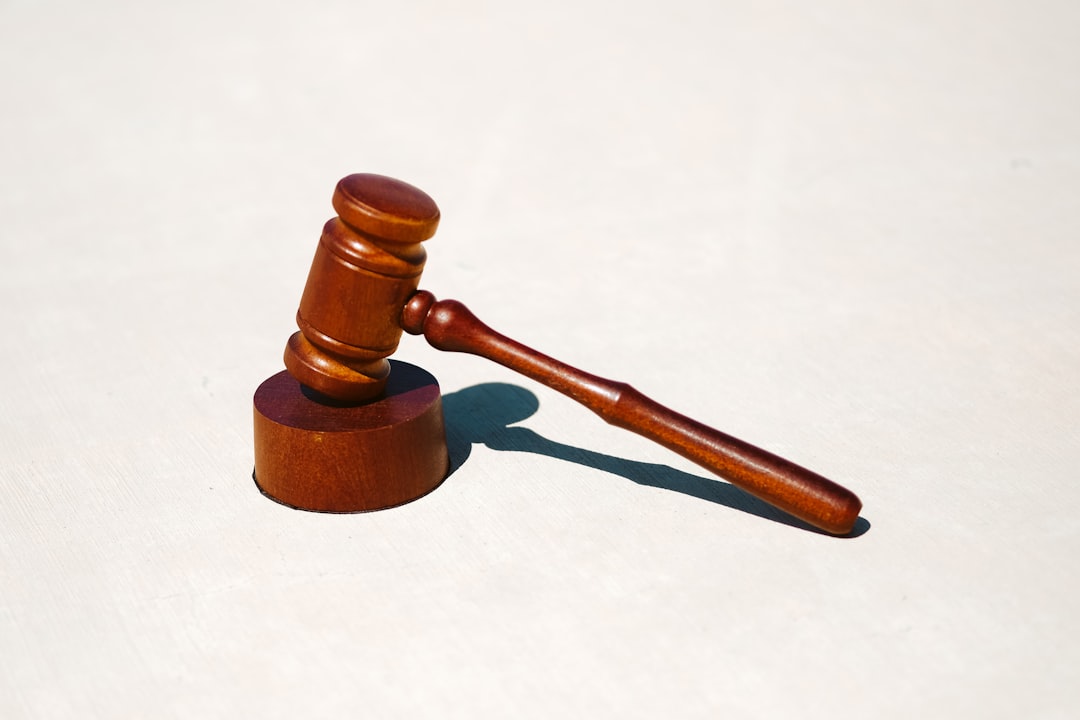Wisconsin's spam call laws, enforced by the DOJ, protect residents and businesses from unwanted telemarketing. Spam calls targeting law firms disrupt operations and client confidentiality. Residents and businesses can combat these issues through knowledge of local laws, reporting suspicious calls, using call blocking tech, enrolling in Do Not Call Registry, and providing feedback on ethical practices. These measures create a quieter, more transparent communication environment for all Wisconsin residents.
In Wisconsin, spam calls remain a persistent challenge, affecting both consumers and law firms. This article delves into the complexities of Wisconsin’s spam call laws, exploring their impact on businesses and individuals alike. We discuss strategies for effective management, offering insights to combat these unwanted intrusions. By understanding the legal framework and implementing robust solutions, law firms can better serve clients, while consumers gain control over their communication. Discover how to navigate this landscape, ensuring compliance and peace of mind in Wisconsin.
Understanding Wisconsin's Spam Call Laws

In Wisconsin, the fight against spam calls is governed by state laws designed to protect residents from unwanted telemarketing practices. The Wisconsin Department of Justice (DOJ) plays a crucial role in enforcing these regulations, which include restrictions on automated calls and robocalls, as well as requirements for caller identification. Spam call law firms in Wisconsin work closely with the DOJ to ensure compliance and educate businesses about their legal obligations.
Understanding and adhering to these spam call laws is essential for both consumers and businesses alike. For residents, it means peace of mind knowing that they have recourse against persistent or harassing calls. For businesses, it opens opportunities to engage in effective marketing while avoiding penalties and maintaining customer trust. By staying informed about Wisconsin’s spam call laws, everyone can contribute to a fairer and more transparent communications environment.
Impact on Law Firms and Consumers

Spam calls, particularly targeting law firms in Wisconsin, have become a pervasive issue, significantly impacting both businesses and consumers. Law firms often find themselves deluged with unsolicited calls, which not only disrupt their operations but also pose challenges in maintaining client confidentiality and privacy. These spam calls can be frustrating and time-consuming, hindering legal professionals from focusing on legitimate cases and client interactions.
For consumers, the impact is equally concerning. Wisconsin residents may receive numerous unwanted calls daily, many of which are automated or fraudulent schemes aimed at collecting personal information or pushing dubious services. Such calls can lead to heightened anxiety, invasion of privacy, and even financial loss for those who fall victim to deceptive practices. Understanding these challenges is crucial in developing effective strategies to combat spam calls and protect both law firms and consumers in Wisconsin.
Strategies for Effective Spam Call Management

In the battle against spam calls, Wisconsin residents and businesses have several effective strategies at their disposal. One powerful tool is staying informed about the state’s spam call laws, which are designed to protect consumers from unwanted telemarketing practices. By understanding their rights and reporting suspicious calls, individuals can play an active role in curbing this nuisance. Many reputable law firms in Wisconsin offer guidance on navigating these regulations, ensuring businesses operate ethically while providing a safe environment for residents.
Additionally, adopting robust call blocking technologies and enrolling in the National Do Not Call Registry are practical steps. These measures help filter out unwanted calls at the source. Consumers can also foster a culture of responsible telemarketing by encouraging ethical practices among businesses through feedback and reviews. Together, these strategies can significantly reduce spam calls, offering Wisconsin residents a quieter, more peaceful communication landscape.






